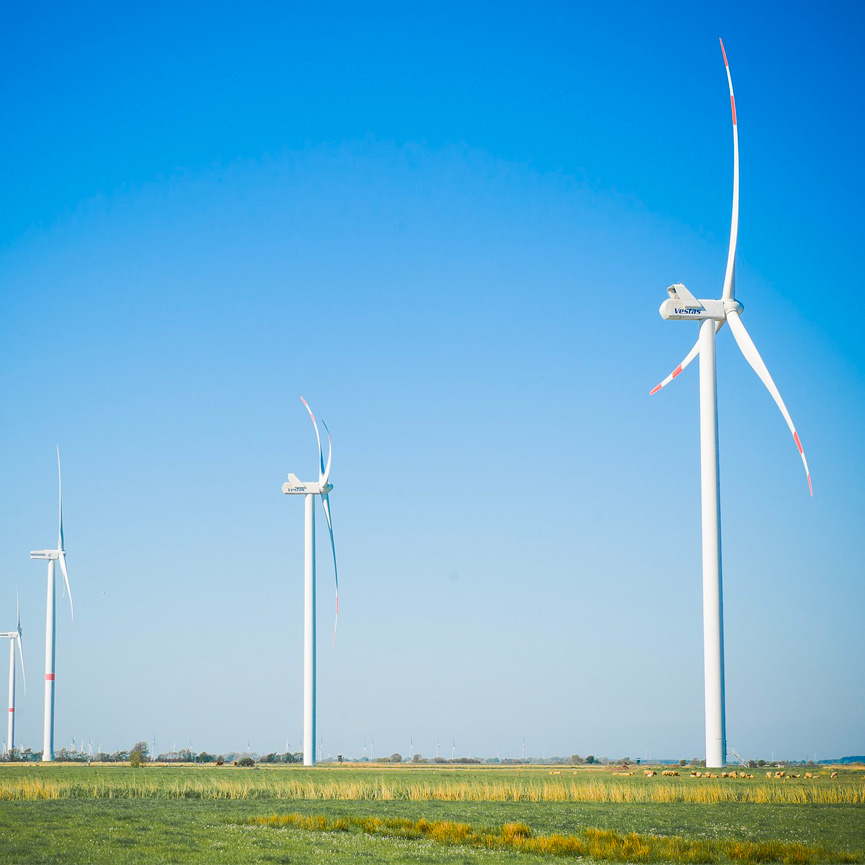

When it comes to developing sustainable food systems, India is at the forefront even as other countries argue over who should bear the weight of climate change. We are on the verge of a seismic transformation fueled by technology, quite similar to the ‘Green Revolution’ that helped India recover from an agricultural catastrophe in the 1960s. It is vital to understand the real work that is being done to protect the environment while still generating profit because no business activity is viable until it becomes profitable.
WayCool, while addressing the significant difficulties faced across the food sector, is leading the way with its full tech stack. Our climate-smart ‘Soil to Sale’ value chain is extended throughout food sourcing, processing, and distribution, moving over 900 tonnes of agricultural produce every day from a network of 85,000+ farmers.
As our work at WayCool demonstrates, climate-smart strategies can also be business smart. Our distribution centres (DCs) are solar-powered, and we employ low-energy lighting and fans throughout our buildings. The switch to solar power has enabled us to cover 75% of our daytime energy demands with green electricity, increasing our overall renewable share from 0% to 5% in the previous year. The energy-saving lights and sensors installed across our facilities may appear to be minor upgrades, but it has saved over 8,000 kWh of electricity till date—that is equivalent to more than six tonnes of greenhouse gas emissions! This is just one of many energy-saving projects. In the previous fiscal year, our entire solar endeavours helped avert nearly 79.6 tonnes of carbon dioxide.
WayCool’s innovative water treatment systems allow for recycling for two to three days, and quick treatment and reuse of wastewater created. Over 6.2 million gallons of wastewater has been processed till date, and redirected for home uses, gardening and groundwater recharge, resulting in savings of at least Rs 40,000 per centre.
Our carbon sink project, Miyawaki Urban Forest, has been implemented at a time when there is a shortage of carbon offset programs. Influenced by the 1997 Kyoto Protocol, the Miyawaki Urban Forest has grown from a tiny space with a single seedling to a 14,660 sq ft big undertaking, absorbing huge amounts of carbon from the atmosphere. It was expected to sequester 0.86 tonnes of carbon dioxide emissions in its first year of operation and up to 180 tonnes upon full development for the next 10 years.
WayCool engages with thousands of farmers, through its farmer engagement program ‘Outgrow’, to promote regenerative agriculture practices such as natural input adoption, mulching, crop diversification, livestock integration, cover cropping, and minimum/no-tillage. These improved practices have been implemented at Waycool’s model farm Outgrow Agricultural Research Station (OARS) for over 2 years, completing 25+ harvest seasons. The results achieved at the model farm demonstrate a significant reduction in the farmer’s cost of cultivation (between 5% and 30%) and improvement in soil health (increase in soil organic carbon – SOC value from 0.5% to 0.88%), which in turn protects the local ecosystem and enhances the yield and quality of produce while sequestering carbon emissions.
Agriculture consumes 70% of all water withdrawals worldwide, with around 60% lost owing to improper application. Through our GMX 100 micro-weather station, GIS-enabled IoT system, farmers are enabled with plot and crop-wise irrigation recommendations, AI-based pest and disease predictive analytics and rainfall prediction, hence eliminating excess irrigation and water resource loss. At the OARS model farm, WayCool also demonstrates structures for water harvesting and conservation like drip-irrigation systems, field channels, farm ponds and percolation ponds, that have the potential to harvest and recharge more than 7,00,000 litres of rainwater per year.
Exotic vegetables usually come at a hefty price because they are obtained from remote and hidden locales. However, WayCool has been able to find other sourcing places by applying advanced soil and weather analytics through Village Kart, a leading exotic and organic fresh fruit organisation. We saved approximately 280 kg of CO2 emissions every vehicle journey by lowering food miles travel from 360 km to just 2 km. This has had a favourable environmental impact, and the shorter travel time guarantees that buyers receive the product as soon as possible, preserving its freshness. We not only reduced food travel miles, but also transported food responsibly by including EVs in our last-mile delivery. EVs have completed over 353,293 kilometres of carbon-free travel, saving approximately 85.2 tonnes of tailpipe carbon dioxide emissions.
While the majority of the planet is talking about sustainable development, action on the ground has stalled. We at WayCool have had tremendous success in walking the talk. We think that true sustainability is only feasible if the business model generates profit, which is the foundation of any successful firm. WayCool has discovered the right combination of environmentally responsible practices and company success.
Your Name
Mobile Number
Email Address
Interest In Service
Interest In Brand
Query